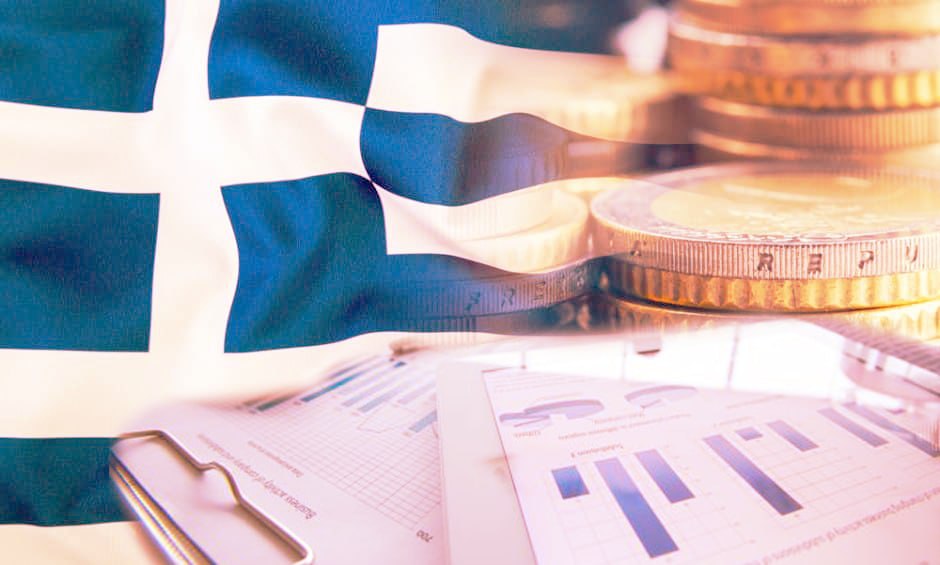
The agreement on the European budget 2023 reached on November 14 is considered particularly beneficial for Greece, according to an announcement from the Ministry of Finance.
This is because, as the announcement mentions, significant resources are planned to be allocated to sectors and programs of high Greek interest, such as Economic and Social Cohesion, Common Agricultural Policy, Migration and Asylum, EU4Health, HORIZON, NDICI, LIFE and ERASMUS. The influx of European funds is expected to contribute to the stimulation of investment and employment, the promotion of research and innovation, as well as the green and digital transition.
During the meeting of the ECOFIN-BUGDET Council on November 11, Greece, Spain and Italy identified the need for adequate funding to the member states for natural disasters.
The Council and the European Parliament have 14 days to approve the joint plan. On November 23, a vote will take place in the Plenary of the European Parliament, which will formally mark the end of the process of approving the 2023 budget.
On November 14, 2022, an agreement was reached in Brussels between the Council and the European Parliament on a joint plan for the EU budget for the year 2023, which includes commitments of 186.6 billion euros and payment appropriations of 168.6 billion euros. The margin below the spending ceilings of the multi-annual financial framework 2021-2027 to deal with unforeseen needs, amounts to 0.4 billion euros.
Geopolitical instability
The 2023 budget reflects the unstable geopolitical environment, the economic impact of Russia’s invasion of Ukraine, both in the country itself and in the countries of the southern neighborhood and member states, the rapid increase in energy prices and high inflationary pressures. The agreement aims, above all, to ensure a sustainable recovery from the pandemic, create jobs, as well as mobilize further investment for a greener, digital and resilient Europe.
In particular, the allocation of EU budget appropriations for the year 2023 is as follows:
– €14.7 billion for Neighborhood and International Development and Cooperation support, with a focus on Ukraine and Moldova, migration and the Southern Neighborhood, as well as the humanitarian aid program to respond to crises.
– € 1.5 billion for the Asylum, Migration and Integration Fund and EUR 956.8 million for the Border Management Fund, with the aim of strengthening cooperation in the field of external border management, as well as policy on Migration and Asylum, including support to Member States hosting refugees from Ukraine.
– €3 billion for the Connecting Europe Facility targeting modern transport infrastructure to facilitate cross-border connections. Particular emphasis is placed on strengthening the EU-Ukraine solidarity corridors and on the energy side, to deal with the energy crisis, in addition to the RE PowerEU plan of 20 billion euros.
– €295.2 million for military and civilian mobility.
– €3.7 billion for Erasmus+ to invest in Youth, including pupils and students leaving Ukraine, as well as EUR 332.8 million for the cultural sector through the Creative Europe programme.
– €62.9 billion in commitments to support the recovery by stimulating investments in the area of ”Economic, Social and Territorial Cohesion”.
– €53.6 billion for the Common Agricultural Policy and €1.1 billion for the European Maritime and Fisheries Fund, as well as strengthening the resilience of the agri-food and fisheries sectors.
– €12.4 billion for the Horizon Europe program to support EU research in areas such as health, digital, industry, space, climate, energy and mobility.
– €602.8 million for the single market programme, to support small and medium-sized enterprises across the Union.
– €739.3 million for the EU4Health program with the aim of comprehensively responding to the needs of European citizens in the health sector.
– €1.5 billion under the Just Transition Fund to ensure that the transition to climate neutrality benefits everyone, as well as €755.5 million under the LIFE Program to support actions on the environment and climate.
– €309.9 million for the Internal Security Fund, EUR 945.7 million for the European Defense Fund to support the European Autonomy and Security Strategy and EUR 157.0 million for the Instrument to strengthen European Defense Industry through joint procurement.
Latest News

Inflation in Greece at 3.1% in March, Eurostat Reports
Average inflation in the eurozone settled at 2.2%, compared to 2.3% in February

Greece’s Unemployment Rate Drops to 8.6% in February
Despite the overall decline, unemployment remains higher among women and young people.

Jerry Kalogiratos Highlights Key Role of Energy Transition and Data Demand in LNG Outlook
Energy transition and the prospects of LNG were discussed at Capital Link’s 19th Annual International Maritime Forum, during a panel discussion with Jerry Kalogiratos (Capital Clean Energy Carriers Corp.)

Santorini Safe and Ready for a Dynamic Tourism Season
Authenticity, cultural heritage, and genuine experiences at the center of Santorini's new promotional campaign

Electricity Bills: Greece Announces Reduced Tariffs Schedule
Greece will now offer lower electricity rates between 11:00-15:00 and 02:00-04:00

Chevron Confirms Eyeing Natural Gas Exploration South of Crete
Chevron recently declared its intent to explore a third area, south of the Peloponnese.

Evangelos Marinakis: A time of change from which shipping can benefit
Speaking at the 19th Annual Capital Link International Shipping Forum Evangelos Marinakis stressed the challenges that shipping faces today

Retail Trade in Greece Up 2.5% in December 2024: ELSTAT
In January 2025, the General Turnover Index recorded a 2.5% increase compared to January 2024. Compared to December 2024, it recorded a significant decline of 18.4%

Greek Fruit and Vegetable Exports Surge
Greek exporters have expressed concerns over a new draft law in Bulgaria that mandates at least 50% of products in stores to be of Bulgarian origin.

Trump Tower in Greece? Speculation Grows Over Potential Investment
In 2007, the Trump Organization explored the possibility of constructing a skyscraper complex and casino at the former Ellinikon Airport site in Athens











![Τουρκία: Μεγάλες βλέψεις για παραγωγή ηλεκτρικών οχημάτων [γράφημα]](https://www.ot.gr/wp-content/uploads/2025/03/ot_turkish_autos-90x90.png)











![ΕΛΣΤΑΤ: Αυξήθηκε η οικοδομική δραστηριότητα κατά 15,6% το Δεκέμβριο [πίνακες]](https://www.ot.gr/wp-content/uploads/2025/03/DSC9655-2-1024x569-1-90x90.jpg)




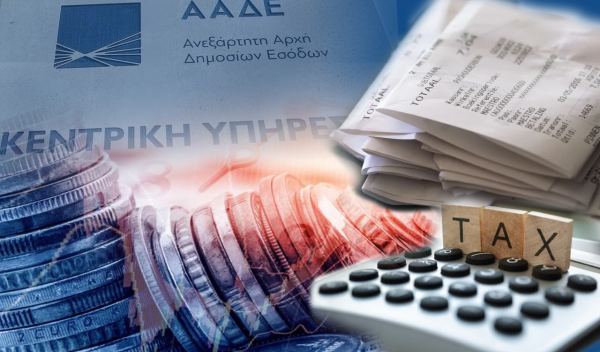

![Δασμοί Τραμπ: Αντίστροφη μέτρηση για την «Ημέρα Απελευθέρωσης» – Μνήμες από τη Μεγάλη Ύφεση [γραφήματα]](https://www.ot.gr/wp-content/uploads/2025/04/ot_trump_tariffs2-600x352.png)
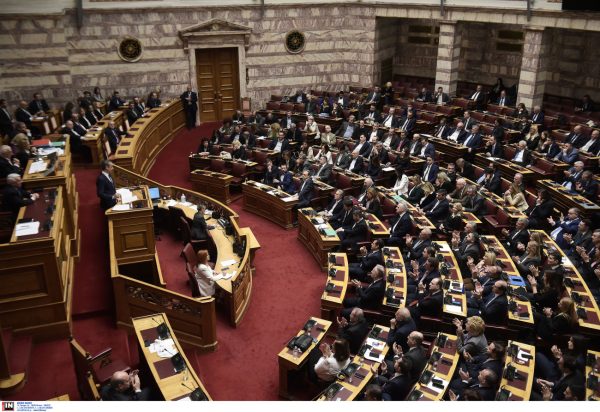

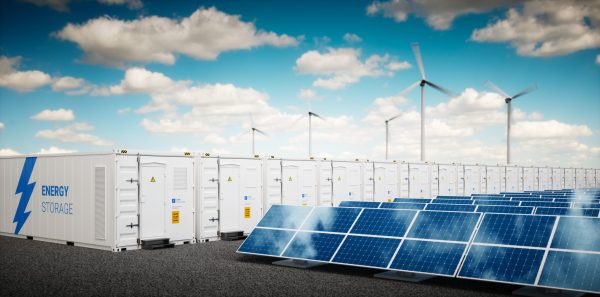



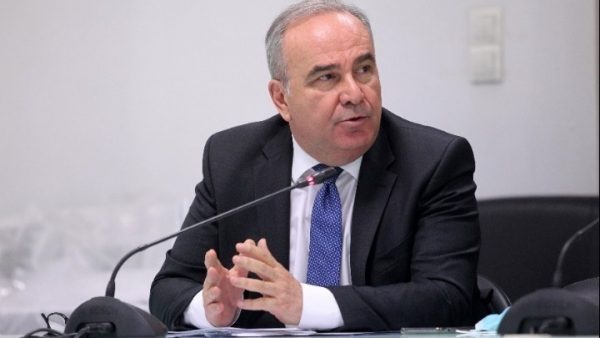
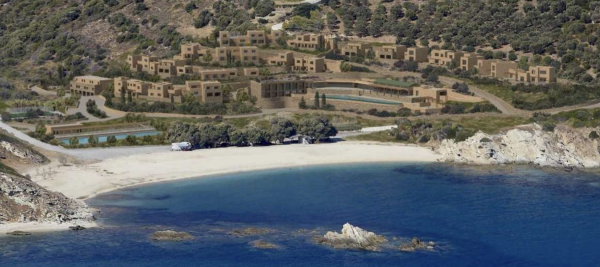


 Αριθμός Πιστοποίησης
Αριθμός Πιστοποίησης